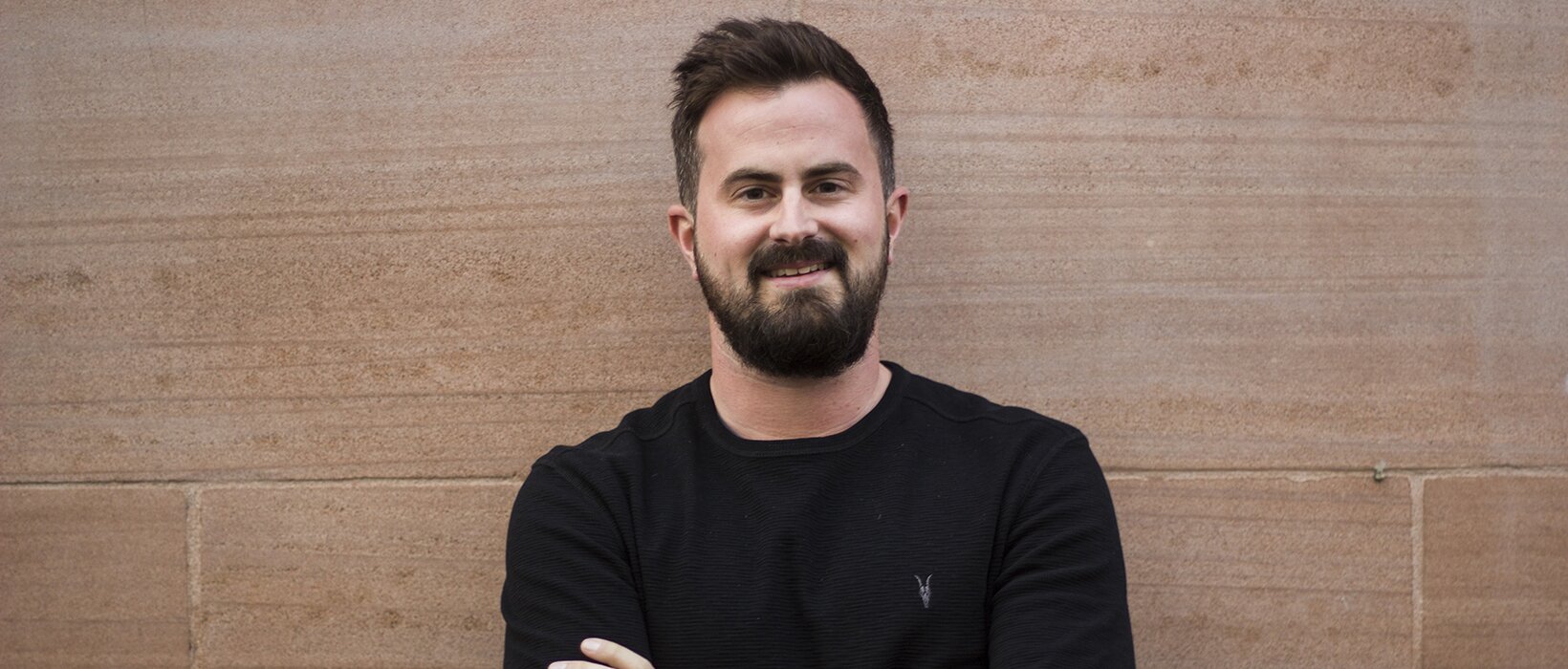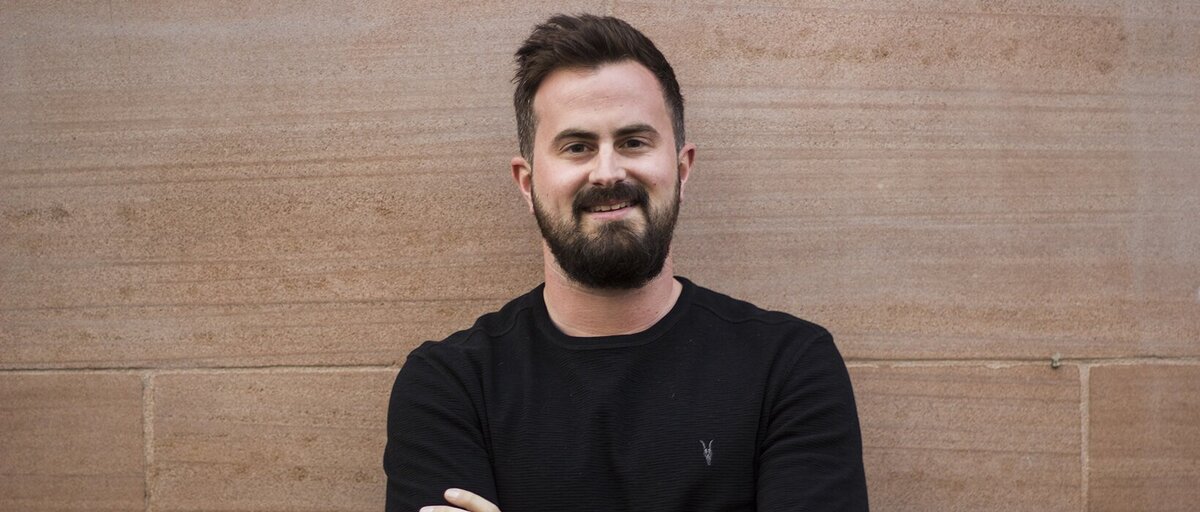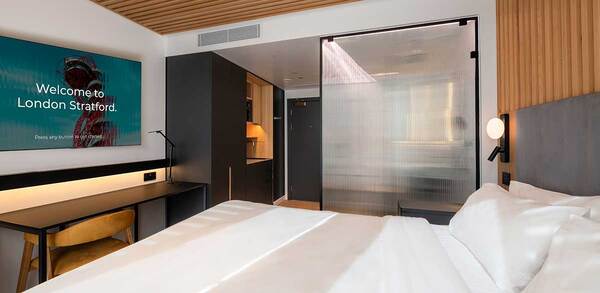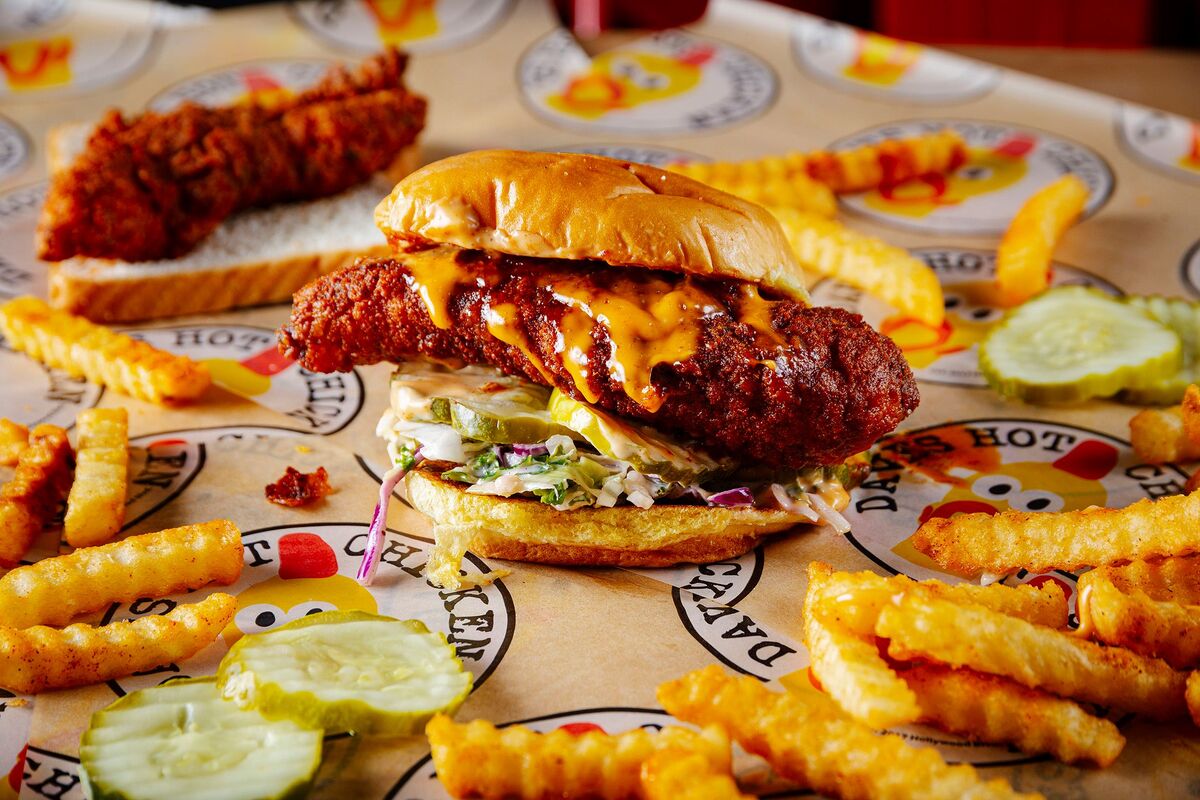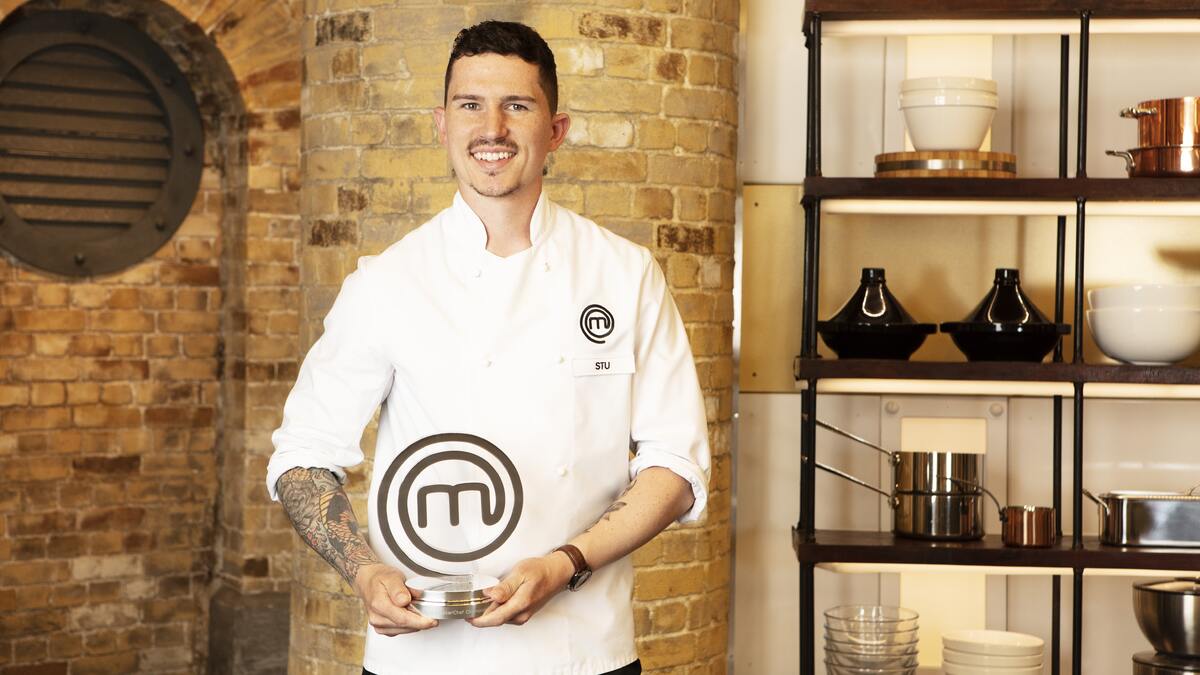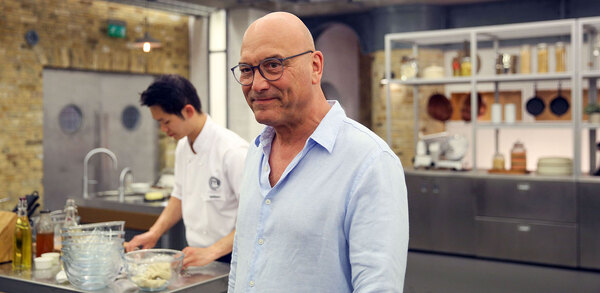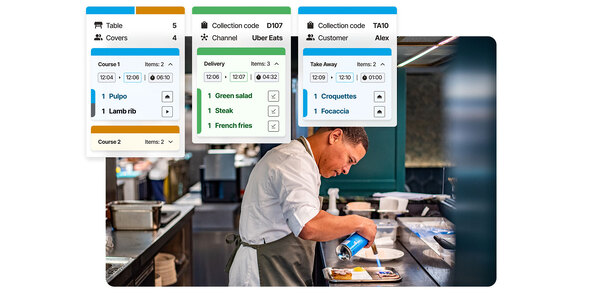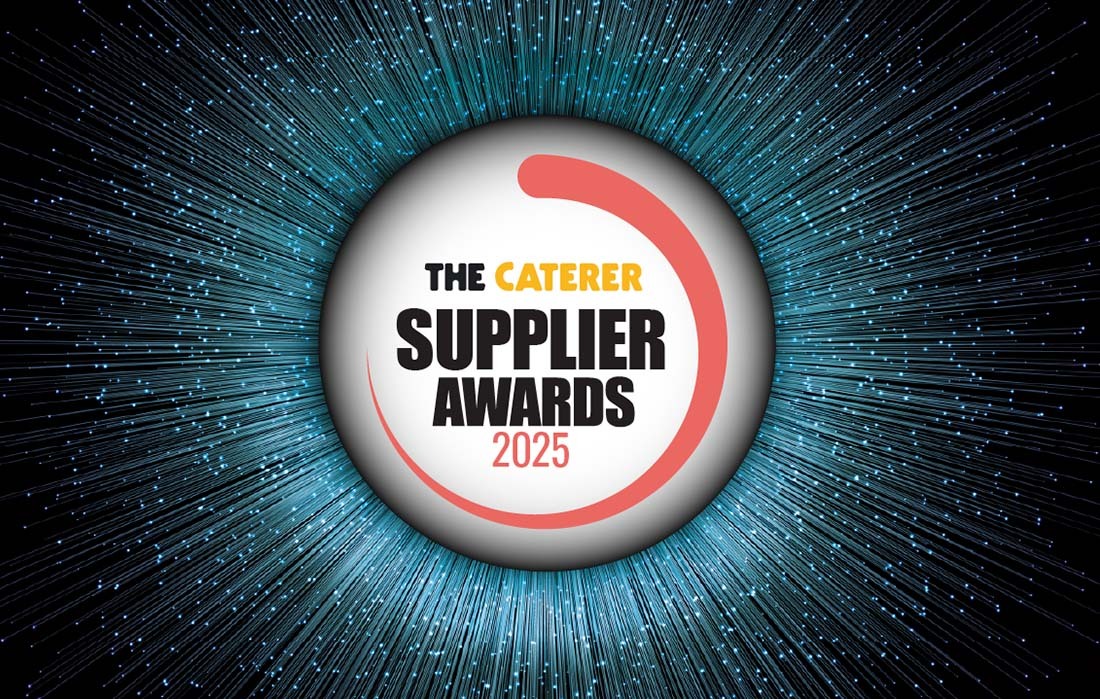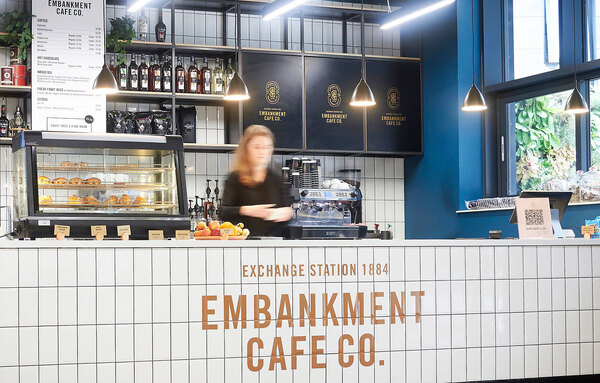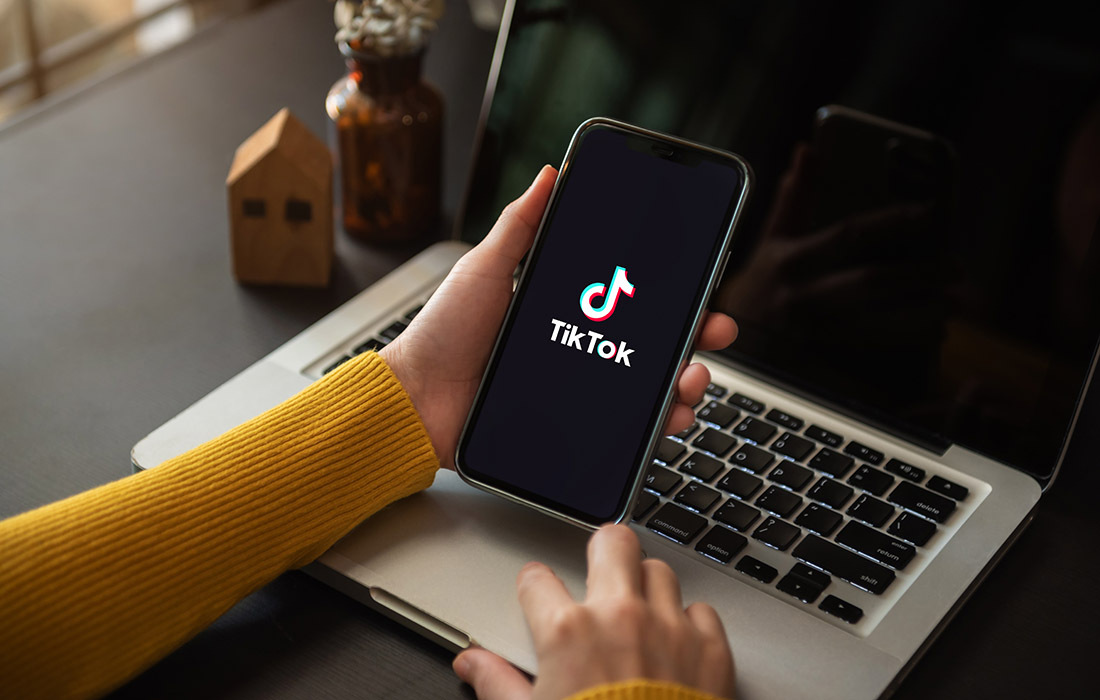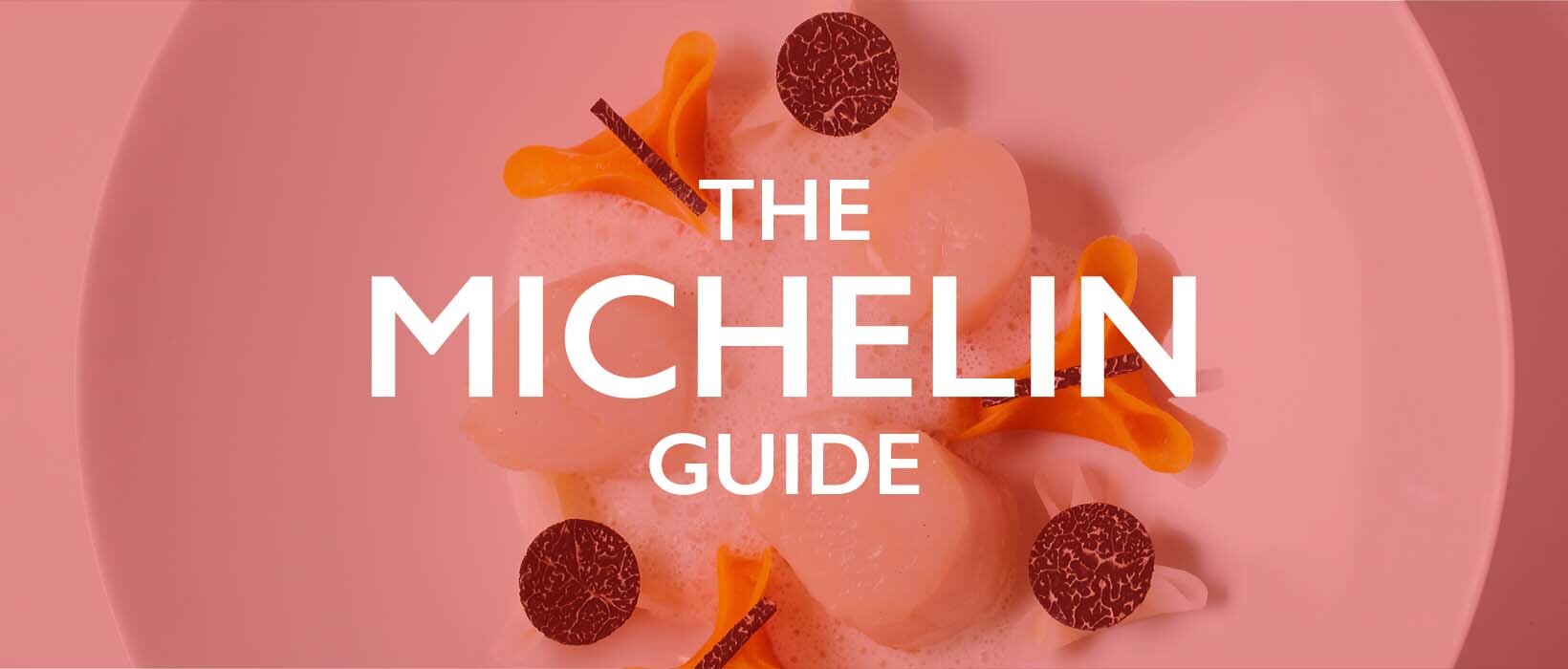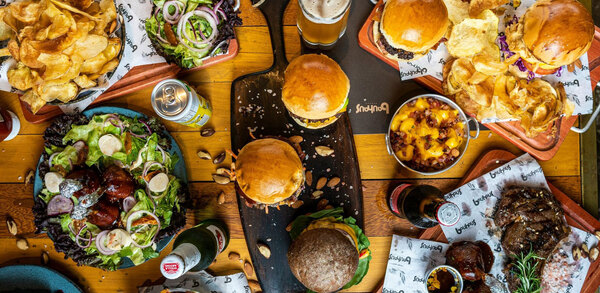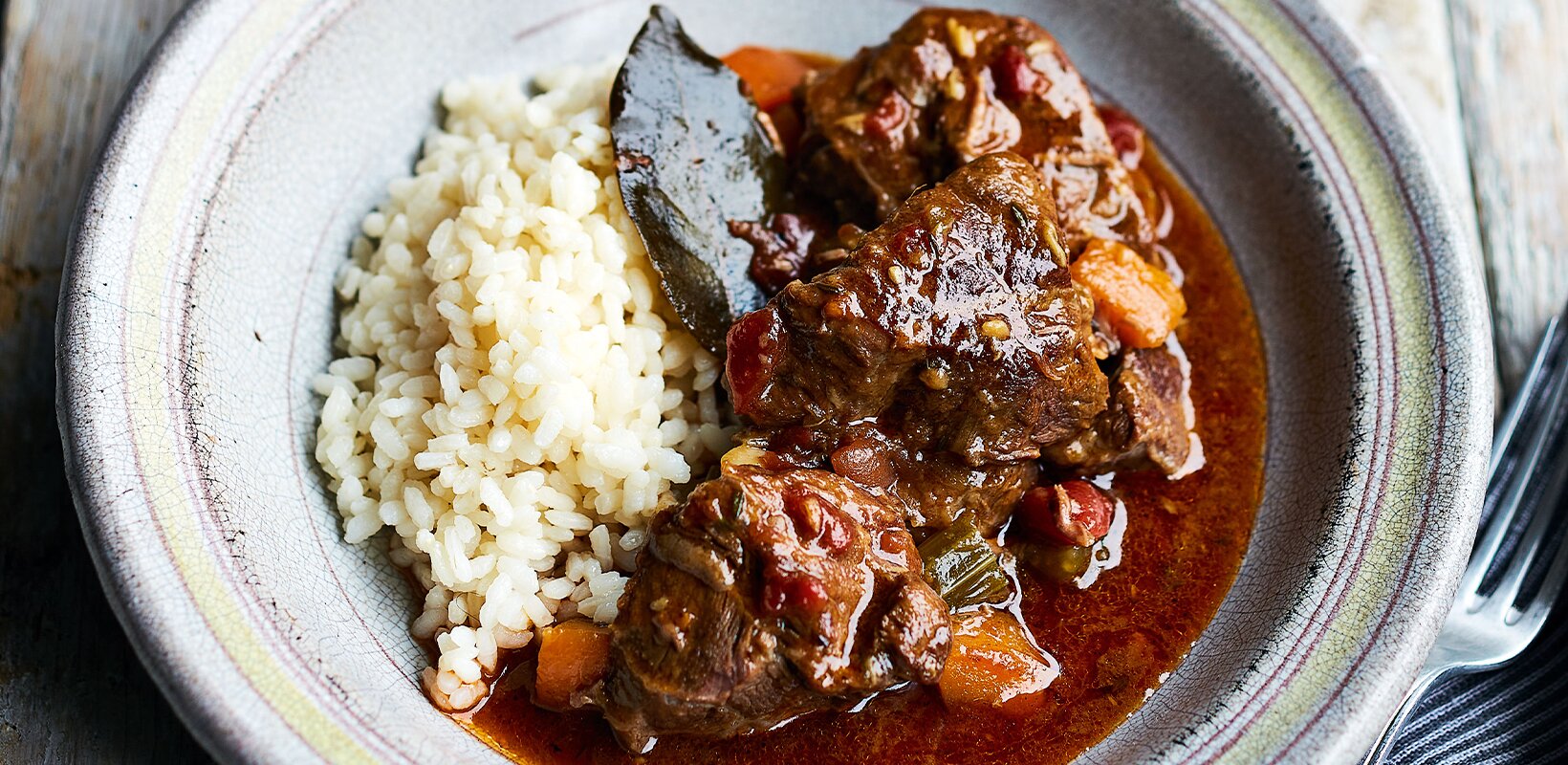Minute on the clock: James Brown, founder of Tipjar
The founder of Tipjar and retail director for BrewDog tells Emma Lake how the impact of Covid-19 has accelerated the growth of the platform and that consumers need transparency.
Can you summarise what Tipjar is?
We enable and facilitate the payment of tips directly to staff and give transparency to customers and staff, who can see transaction-level detail.
Where did the idea for Tipjar come from?
I saw a challenge in our industry probably three years ago, where customers were demanding more transparency around tips and, at the same time, cash was being used less and less. It really hit me when we [BrewDog] turned six of our London locations cashless two years ago – there were loads of benefits, but the big downside was staff weren’t getting tips.
How did the outbreak of Covid-19 impact the business?
When Covid-19 happened, we’d spent a year and a half building our system and we were ready to launch it to market. Initially we thought we might have to mothball the business or pause everything, reduce costs and relaunch when the industry got back on its feet.
But we had the technology for the Hospitality Workers Emergency Fund, which we did with Hospitality Action, and we realised people were struggling to understand how furlough pay worked. We launched the first pay calculator and had about 50,000 hits on day one.
At that point we started to get more clients, particularly for takeaway. If you do delivery right now, without Tipjar, there’s no way for your staff to be rewarded for good service, a good product or high-quality ingredients. With our system you can put a QR code on the box or embed it into the online ordering system and customers can tip.
Tips shot up overnight. We used that momentum and we’re now in 250 restaurants across the UK, with that number going up every day.
A lot of operators have been deliberating how to go forward with tips and service charge. Where do you stand?
We want to be pro-business – I’m an operator, we get the stresses and the strains. But fundamentally consumers are changing and the industry needs to keep up. Tronc and service charge are not transparent enough for the customer.
How have customers responded to Tipjar?
When we worked with Honest Burgers, not only did we double their tips, but we also increased their average tip amount. We think consumers trusted that staff were going to get that money and therefore were willing to give more.
Right now, for service charge businesses in London, if you took service charge out and put Tipjar in, I’m not sure we would compete, but what we do supply is transparency. Outside London, where service charge is not really a thing, I think we can add true value right now.
What does the future hold?
We’re excited about growth and we’ve just launched a Crowdcube campaign to raise funds. When we first started, people said ‘this is a good idea, but we’re still getting cash tips right now; this could probably go in next year’. What’s happened with Covid is that the five-year journey towards cashless for many business has happened in 12 to 13 weeks. So, we’re getting inundated from large and small businesses.



